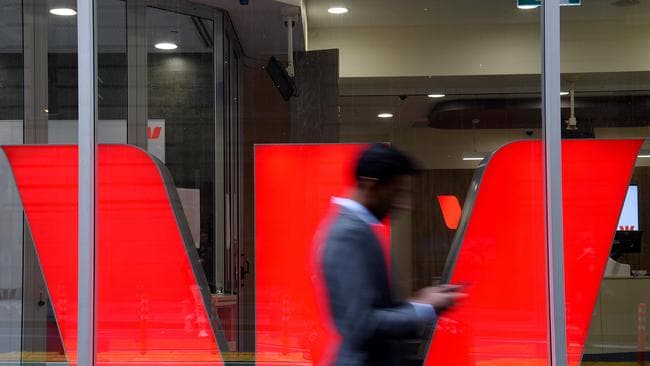
Westpac will cough up more than a billion dollars in penalties to the financial crimes watchdog failing to stop transactions that funded child sex trafficking.
The country’s second largest bank has agreed to pay the largest civil fine in Australian history, after admitting to 23 million breaches of financial crime laws relating to international transfers and transactions that funded terrorism and human trafficking for years.
Austrac’s 2019 Westpac investigation revealed programming errors led to five years of millions of suspicious bank transfers not being reported to the watchdog.
The multitude of transfers to and from the bank equated to $11 billion. Westpac had failed to declare the transactions to Austrac within the adequate time frame.
In the statement of agreed facts, which will be presented to the Federal Court, it was revealed one Westpac customer had funded $40,000 relating to child exploitation syndicates in the Philippines from 2014 to 2018.
“Westpac failed to identify activity potentially indicative of child exploitation risks by failing to implement appropriate transaction monitoring detection scenarios,” the statement said.
Westpac chief executive Peter King apologised for its failings relating to the historical transactions, which were not flagged as suspicious at the time.
“We are committed to fixing the issues to ensure that these mistakes do not happen again,” he said.
“This has been my number one priority. We have also closed down relevant products and reported all relevant historical transactions.”
Westpac conceded to the total number of breaches claimed by Austrac.
Austrac was initially trying to sap Westpac of $1.5 billion over the matter, while the bank had set $900 million in its 2020 half-year results in anticipation of the penalty.
The bank had originally admitted to about 19 million of the financial crime violations after an internal compliance probe, instead of the 23 million alleged by the financial crimes regulator.
The breaches were made to four overseas banks, with the processing errors related to a Westpac end-to-end technology system that did not properly record payment information.
Transfer issues also related to the installation of the LitePay payments product within the bank that facilitated overseas money transactions of up to $3000.
Austrac and the Attorney-General’s office have previously warned frequent low value payments to the Philippines could be at risk of being related to child exploitation rings.
Attorney-General Christian Porter said the fine reflected the “very significant” and “serious failures” of Westpac’s compliance regimen.
“The bank has admitted to 23 million breaches of counter money laundering and counter terrorism laws, which includes failing to report international funds transfers,” he said.
“Some of those international funds transfers have been directly linked to the alleged facilitation or funding of child exploitation material in foreign countries.”
After the revelations by Austrac, Westpac’s then chief executive Brian Hartzer and chairman Lindsay Maxsted were forced to depart the bank.
The $1.3 billion fine dwarfs the $700 million penalty that Commonwealth Bank was forced to pay in 2018, after Austrac revealed uncapped deposits on ATMs had allowed arms and drug dealers to launder money into bank accounts.
Mr King said the bank was strengthening its abilities to identify suspicious behaviour, recruiting 200 financial crime employees.
“Westpac has made substantial investments to strengthen its systems, processes and controls to detect and report suspicious transactions,” he said.
“We are determined to continually lift our financial crime standards, comply with our obligations and uphold our customer, community, and regulatory expectations.”
Westpac slugged with $1.3 billion fine over Austrac scandal
The Westpac Statement
